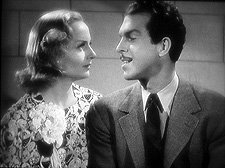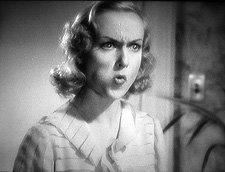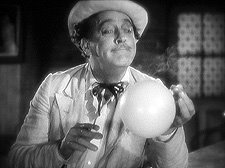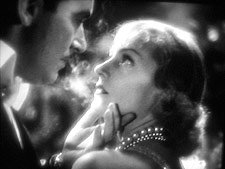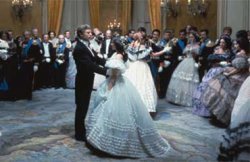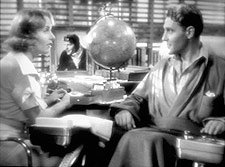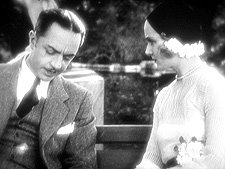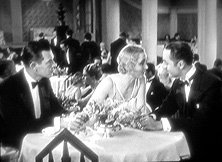
As well as I can remember, I’ve never posted about Edward Zwick’s
The Last Samurai (2003). This surprises me because I like the movie so much. I’ve lost track of the number of times I’ve seen it.
I know that with all the media nonsense about Tom Cruise these days that the default response is to hate anything he’s involved with but, let’s be honest, for all his annoying media hoo-hah and some of those tedious action figure movies, he’s been involved in some great films and has given some great performances.
I’m not sure how he’s managed it, but manage it he has.
But
The Last Samurai … it’s essentially an epic western, which may be why I like it so much. Now, by western I’m not referring to cowboys and shootouts and so on. I’m referring to the fact that this is essentially a romantic morality tale, which the best westerns almost always are. (And by romance I’m not referring to love stories but to a way of seeing and feeling about the situation and the characters and this also is informed by the moralistic aspect of the film.)
By morality I’m referring to the way a code of honour is in the background of everything the characters do or do not do. It’s implicit in some way in all their choices and in the way they feel about those choices and the situations they are in. Here, with this film, that code of honour is much more explicit – it is the Samurai’s code which, as it turns out, is very similar to the “the western code” that informed so many of the great Hollywood westerns.
Now you may wonder why the Tom Cruise character (Nathan Algren) is so prominent in the film when the “last samurai,” and the heart of the film, is Ken Watanabe’s character (Katsumoto). I think there are two reasons for this (ignoring the third, for the moment, which would be the marketing aspects of the Tom Cruise face and name).
First of all, Cruise’s Algren is us, the western audience. While the movie is set largely in Japan and it is about samurai it is not to be taken as a Japanese film. It is Japan seen through western eyes, in this case, Algren’s. So what he sees and how he interprets it is from the perspective of the west.
This leads to the second reason his character is significant. He provides the movie's major story arc. He begins in despair – no real sense of honour remaining to him, just cynicism and a kind of animalistic sense for survival. His journey to Japan becomes a spiritual one as he finds the honour feels he’s lost (and the west has lost) lives in the way the samurai conduct themselves, their code.
The film does not go for an easy (and unrealistic) happy ending, however (though it doesn’t leave us in despair either). While it’s suggested Algren may have gone on to a happier life, or at least one less troubled, the samurai are clearly through, falling ultimately to the mindless and amoral technology of the west.
The new displaces the old but, the film suggests, there is a spiritual vacuum at its heart … though perhaps not necessarily as the final gesture of the Japanese soldiers suggests a hunger for what the samurai represented.
In the end, what I most like about the film is that I find it compelling from beginning to end. Both Cruise and Watanabe are perfect in their performances and they are supported by actors who seem to be flawless in their roles.
It’s also visually riveting – both the action scenes (and their great representation of chaos) and the more subdued, character focused scenes.
As mentioned in one of the features on the DVD, some of the best scenes involve no dialogue at all – they are strictly visual, driven by great performances and cinematography.
I really cannot imagine someone not enjoying this film. I think it’s one of the best to come out in the last few years.
Note: The Last Samurai is currently available in standard DVD (widescreen and full screen editions) and will also be released on HD-DVD on April 18, 2006.
The Last Samurai:-
Amazon.com (U.S.)
-
Amazon.ca (Canada) Tags: Movies, DVD, The Last Samurai, Tom Cruise, Ken Watanabe
Tags: Movies, DVD, The Last Samurai, Tom Cruise, Ken Watanabe
 Yes, the Carole Lombard movies are behind me. I’ve been watching other movies and a number of them are relatively recent films. Three of the best I’ve seen recently are:
Yes, the Carole Lombard movies are behind me. I’ve been watching other movies and a number of them are relatively recent films. Three of the best I’ve seen recently are:

